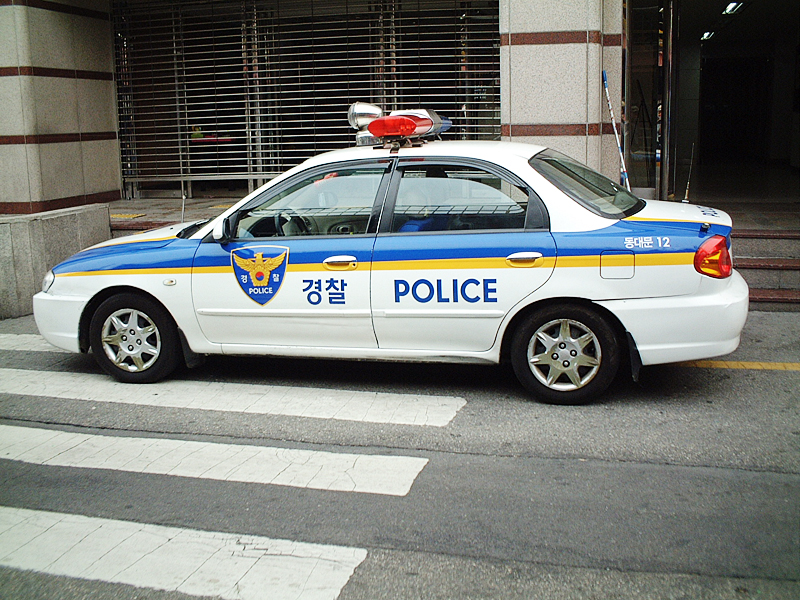The Peninsula
Discussion around Crime Investigations Reveal Growing Sensitivity to Individual Rights

This briefing comes from Korea View, a weekly newsletter published by the Korea Economic Institute. Korea View aims to cover developments that reveal trends on the Korean Peninsula but receive little attention in the United States. If you would like to sign up, please find the online form here.
What Happened
- Advanced DNA analysis technology helped identify a suspect in a three-decade-old serial murder case.
- Since the introduction of Act on Use and Protection of DNA Identification Information and the establishment of a national DNA identification information database in 2010, more than 5,000 cases of unsolved crimes were re-opened.
- Constitutional Court ruled that an individual has the right to reject DNA collection and gave the National Assembly until December 31, 2019 to revise the Act on Use and Protection of DNA Identification Information.
Implications: Despite growing recognition that DNA analysis is effective in criminal investigations, the Constitutional Court’s decision reflected a growing awareness of individual rights and privacy in South Korea. The Court’s ruling reflected the view that existing laws provide insufficient protections, including against forced collection of DNA samples from suspects. Detractors of the current law have also pointed out that law enforcement agents currently have the power to collect DNA samples from protesters, which could have an adverse impact on the freedom of speech.
As a result of the ruling, the National Assembly is required to revise the relevant law by the end of this year. If the legislature fails to accomplish this revision, the whole law will be nullified and prosecutors may not be able to use DNA evidence in court. While this could frustrate investigations into unsolved cases, the ruling affirms that South Korean society has become more aware of civil rights.
Context: The constitutionality of the Act on Use and Protection of DNA Identification Information was called into question as soon as the law was introduced in 2010. However, a series of appalling crimes garnered public attention and reduced support for legal action that would protect the rights of suspected criminals. In 2014, another constitutional petition regarding the DNA Act was unsuccessfully advanced to the Court. The successful ruling in favor of greater protection for individuals in 2018 is a testament to the tenacity of legal advocates and the robustness of civil society in South Korea.
Korea View was edited by Yong Kwon with the help of Soojin Hwang, Hyoshin Kim, and Rachel Kirsch.
Picture by d’n’c from Wikimedia Commons
